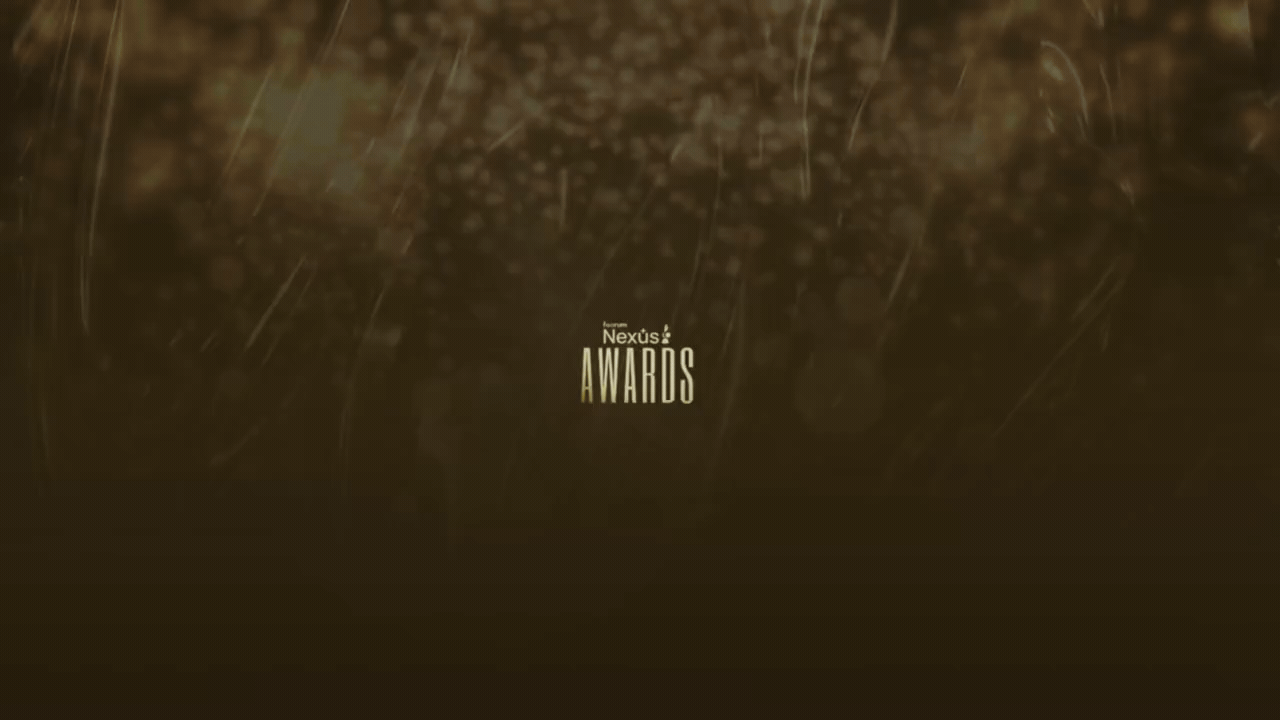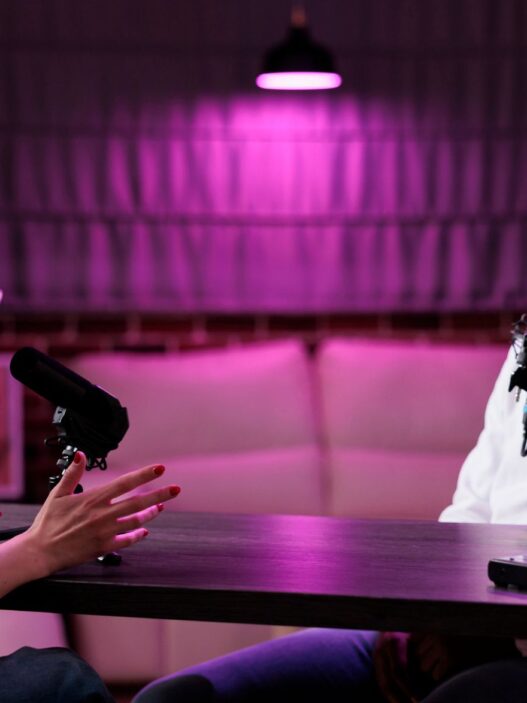In our era of digital connectivity, storytelling has emerged as a potent tool for advocacy. Platforms like TikTok, Instagram, and Twitter have given voices to countless individuals, allowing them to share personal experiences, especially regarding mental health. While this surge in sharing can foster understanding and community, it also brings forth important questions about the nuances of mental health storytelling.
“Social media platforms, while revolutionary in many ways, can also be unforgiving.”
Ebrima “Abraham” Sisay
The Power and Risk of Vulnerability
Storytelling, at its core, is about connection. By sharing our experiences, we hope to resonate with others, offering solace and understanding. However, the realm of mental health is delicate. Sharing raw, unprocessed wounds can expose storytellers to a barrage of feedback, not all of it constructive or compassionate.
Social media platforms, while revolutionary in many ways, can also be unforgiving. The immediacy of comments, both positive and negative, can impact individuals deeply, especially if they’re in the midst of their healing journey.
Wounds vs. Scars: A Shift in Perspective
A valuable distinction to consider is that between wounds and scars. Wounds are fresh, sensitive, and still in the process of healing. Sharing them in real-time can be likened to inviting others to witness our pain, sometimes before we’ve had a chance to understand or address it ourselves.
In contrast, scars represent healing, resilience, and growth. They symbolize the journey from pain to recovery, offering hope and inspiration to others. Sharing our stories from a scarred perspective allows us to reflect on our experiences with wisdom, insight, and perspective.
Advocacy with Intention
If you’re contemplating sharing your mental health journey online, it’s essential to approach it with intentionality and self-awareness. Ask yourself: Am I sharing this story from a place of healing and understanding? Am I prepared for potential feedback, both positive and negative?
Remember, advocacy isn’t about laying bare every aspect of our struggles. It’s about sharing in a way that uplifts, educates, and empowers. Prioritize your well-being and healing journey above all else.
Conclusion
Mental health storytelling is a double-edged sword. While it has the power to foster connection and understanding, it also comes with its own set of challenges and risks. As storytellers and advocates, it’s our responsibility to navigate this terrain with care, ensuring that our narratives are both authentic and mindful of our well-being.
In the end, let our stories be a testament to resilience, growth, and the transformative power of healing. After all, it’s our scars that truly showcase our strength.























